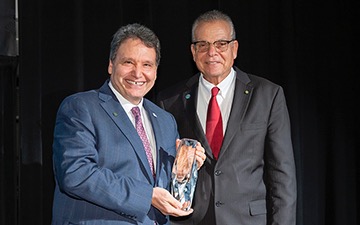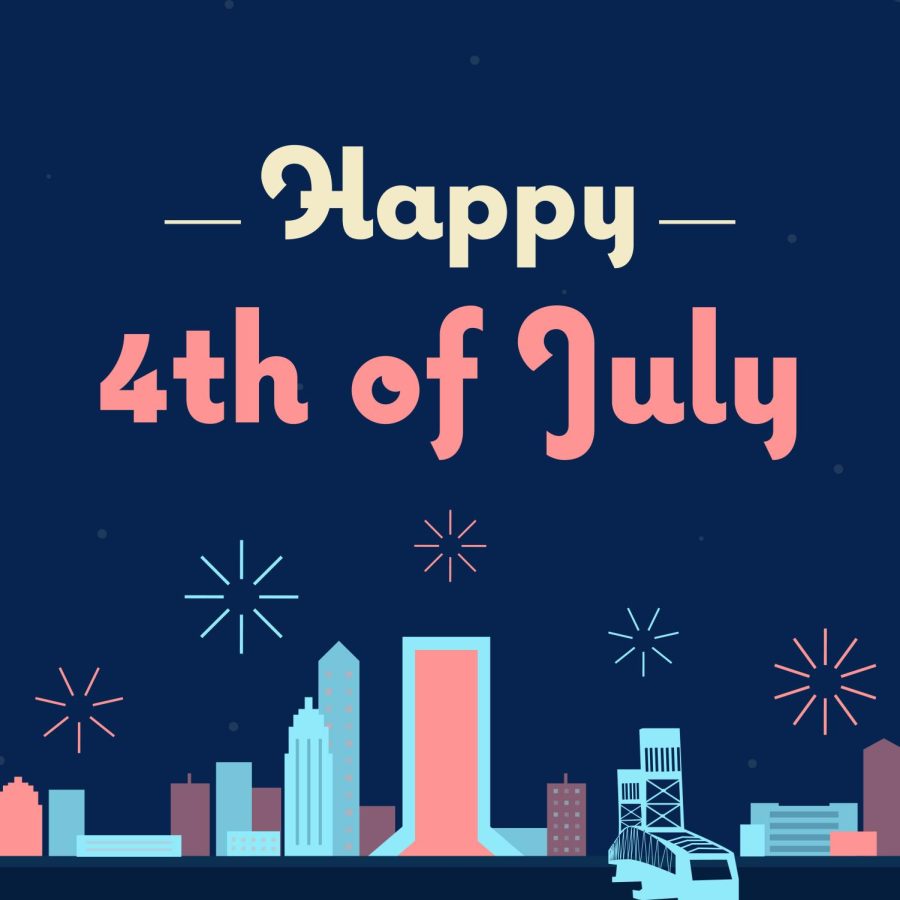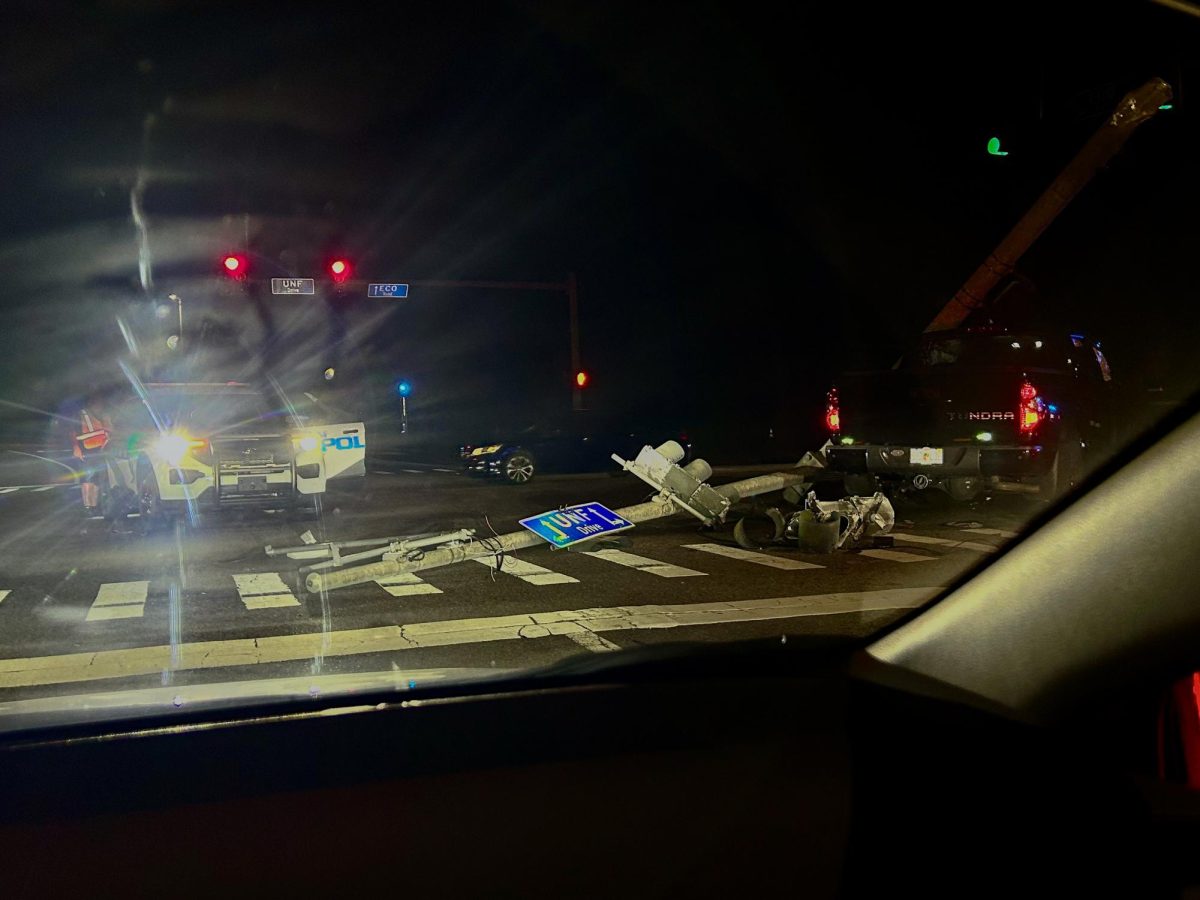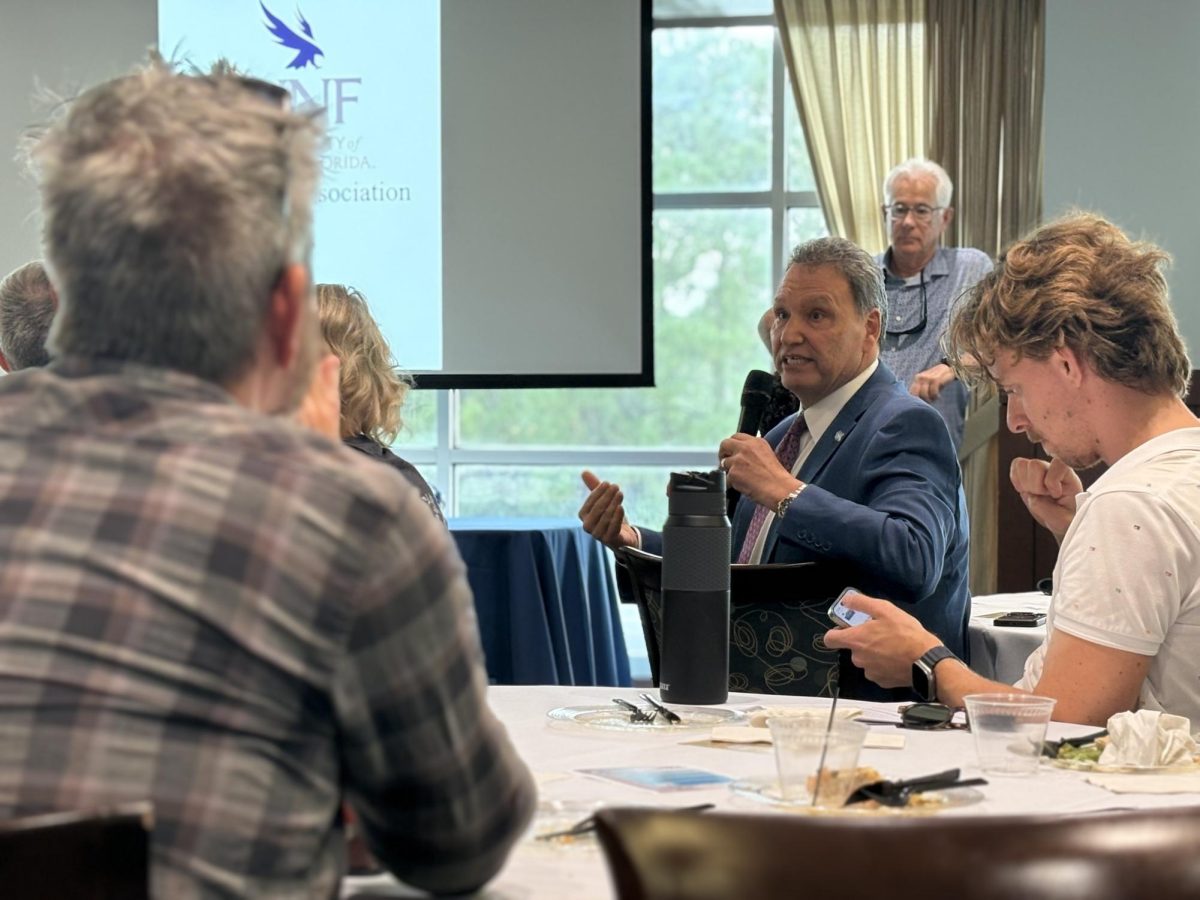The people of Puerto Rico voted in favor of statehood, but there is more to be done than filling in the bubble.
Just over 50% of Puerto Ricans voted in favor of statehood for the 2020 referendum, making this the third election — the other two in 2012 and 2017— of Puerto Ricans seeking state recognition.
However, the referendum is nonbinding and may not have a large effect on Congress to make the U.S. territory the 51st state.
With almost a decade of seeking statehood, previous presidential administrations have yet to address Puerto Rico’s likeness of achieving such status.
The Obama administration in 2012 never addressed the first in-favor vote for statehood, being that the last time Puerto Ricans rejected statehood was back in 1998.
The closest response was in the 2011 White House brief on the president’s task force for Puerto Rico where former president Barack Obama stated that Puerto Rico “faces both great opportunities and considerable challenges” to strengthen the economy, and that the administration planned to “address the concerns and aspirations of the people of Puerto Rico.”
In 2014, the Department of Justice was granted $2.5 million dollars from Congress to create a ballot in accordance with the Constitution to make Puerto Rico a state. Instead, the referendum was nonbinding and did not carry the political weight predicted.
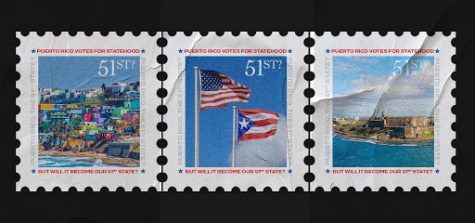
The Trump administration made their intentions clear not to promote any form of statehood. Another referendum was created by Puerto Rico’s legislature; however, it lacked political backing from the DOJ and other political parties on the island.
In 2017, the question of statehood was put on the general election ballot, the same year Hurricane Maria smashed the island.
Puerto Ricans voted yes, though the turnout was a small fraction of 23%. As before, the DOJ did not support the ballot nor did a majority of the Republican political party.
Puerto Rico has been a U.S. territory since 1898, and has been crippled by federal statutes, popularly known as the Merchant Marine Act of 1920, that increases taxes, causes massive inflations and dependency on shipped goods.
Some Puerto Ricans feel like a colony rather than a justly treated part of the U.S., for reasons such as having a resident commissioner instead of a state representative who can vote in Congress.
“Sometimes it’s a little bit ironic that the beacon of democracy in the world, which is the United States, is fighting for equality and fighting for democracy and yet you get it in your own backyard—the oldest colony, with more than 120 years without allowing Puerto Ricans to vote for president, to vote in Congress or to even have federal laws apply equally to American citizens on the island,” reelected Resident Commissioner Jenniffer González said.
For now, the possibility for Puerto Rico’s rise in status is slim, but Puerto Rico’s government is considering statehood as top priority when working with the new president-elect Joe Biden.
__
For more information or news tips, or if you see an error in this story or have any compliments or concerns, contact editor@unfspinnaker.com.






